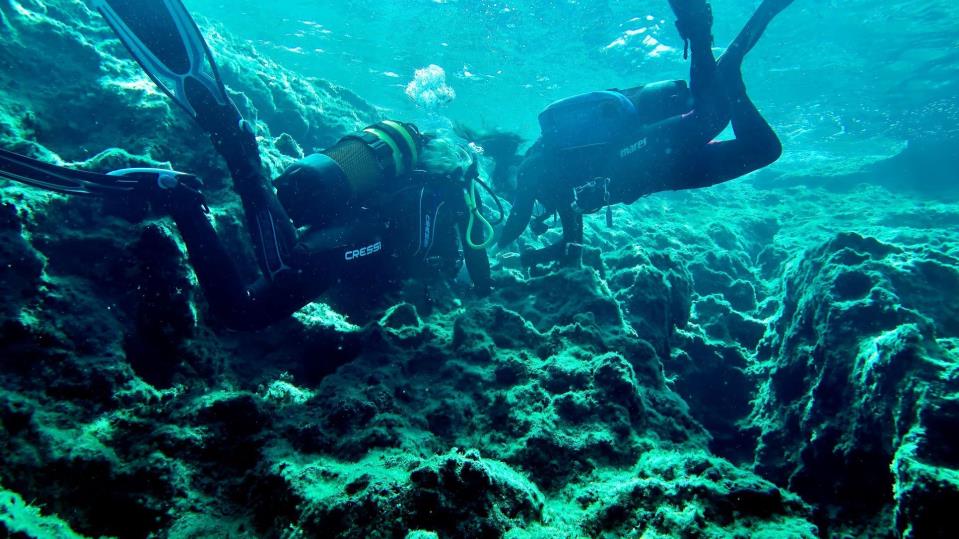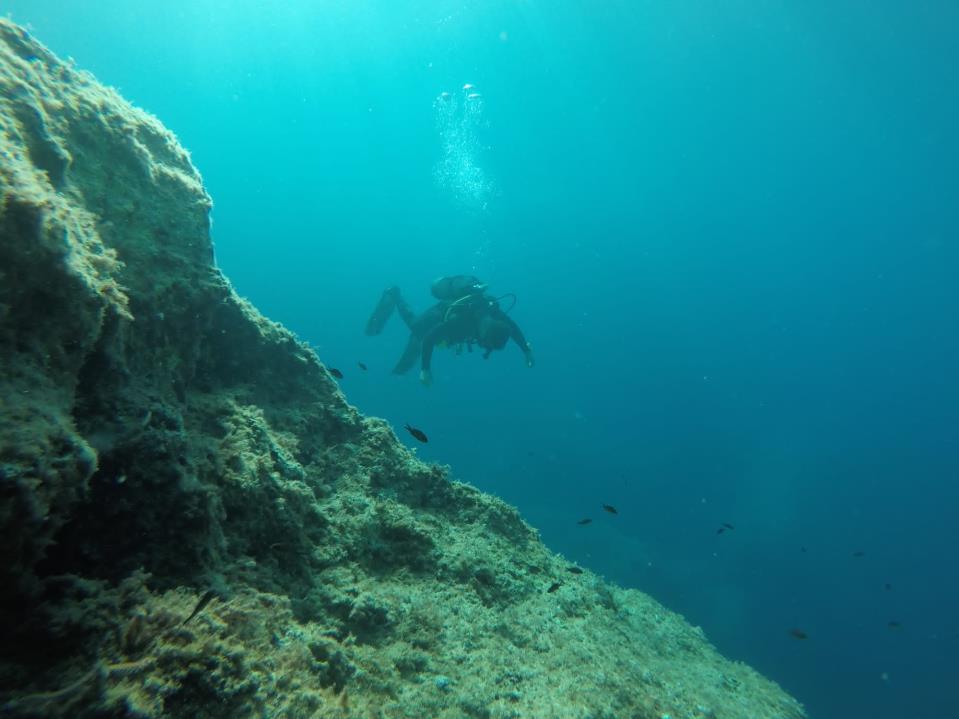Malta’s environmental laws could be the perfect case example for the European Union, but they are not implemented, Nature Trust president Vince Attard said in an interview with The Malta Independent on Sunday.
“I always say that in Malta we have enough laws for us to be the perfect case example for the European Union, but most of the laws are on paper and nobody actually bothers to enforce them,” Attard said.
People continue to flout the law and yet few are brought to book to pay for their illegal behaviour. On many occasions, authorities are reactive rather than proactive and wait for complaints to be filed to take some kind of action.
Attard said that, for example, recently Nature Trust reported an illegal party in Golden Bay, where people were using sand dunes as their toilet. “I think it should be the other way round,” Attard said. The authorities can be more proactive rather than waiting for NGOs to file reports.
Few realise that the environment has an economic value, as it could be an attraction to tourists. It is not the first time that tourists seek permission from the NGO to spend a few days watching turtle nests on beaches.
Attard pointed out that it is not a surprise that the construction industry has become a cause of environmental harm. The country is currently experiencing overdevelopment, he said, and the country’s green areas are always decreasing.
We must start forming a national strategy for places which are ecologically important, such as the 32 Natura 2000 sites Malta has, he said.
Attard said that it is useless to have places declared as Natura sites without there being an effort for them to be maintained. Having plant alien species removed and waste cleaned up is not enough. These sites are also being affected by climate change. The volume of rain falling in short bursts has increased, which also means that more debris is accumulating in valleys.
“If we continue like this we are going to continue losing,” he added.
Speaking about the recent Moviment Graffiti’s protest in Comino, he said that the Island is like a jewel for the nation and such enforcement should come from the authorities rather than NGOs themselves.
Attard explained that Nature Trust is doing its part in trying to conserve the environment. As an example he said that currently Nature Trust is breeding endangered species, after obtaining all permissions from the Environment and Resources Authority.
“I think it is better to continue working on this (breeding endangered species), rather than waste our time trying to manage and also report illegalities, as we would have better results,” he said.

Photo: Martina Cutajar
Marine life
In comments on a report about “a beautiful cemetery” which has replaced what was once marine life, Attard said that one of the reasons for this is the degradation of the seabed. When boat owners throw their anchors into the sea they can get stuck to a plant known as Posidonia Meadow, which is where fish breed and later this plant gets uprooted.
He said that the NGO is currently working with the Malta Tourism Authority on creating a Marine Park in Cirkewwa. One of the proposals submitted by Nature Trust is for there to be environmentally-friendly moorings. The types of boat moorings being studied would be attached to the seabed and boat owners would just need to tie their boat to the floating part of the mooring.
He said there are also other problems which are affecting the marine population such as illegal scuba diving during the night, with divers using harpoons and lights. In an effort to put a stop to this illegal activity, which disturbs marine life, Nature Trust is working with Transport Malta, ERA and the ALE police section for better enforcement.
Marine life is also being negatively affected by climate change because of rising sea temperatures, which is forcing fish to emigrate to the north. Turtles followed suit as fish are their main food source.
The team is currently compiling an inventory of the seabed at Cirkewwa in relation to the Marine Park and it is also working on an action plan to implement several new ideas which are being discussed with stakeholders. Among these ideas there are also zonations (zones or regions of definite character) which are being proposed.
Bringing up Miramare and Portofino as examples, Attard said that these marine areas are segmented into several zones dedicated to fishing, while others are reserved for diving only. In other zones no activity is allowed so that fish replenishment can take place.

Photo: Martina Cutajar
Blue flags
Asked about the criteria for a beach to be awarded a blue flag (Nature Trust is involved in the process), Attard said that in total there are 32 sections which need to be satisfied. These sections include beach management, waste separation, cleanliness, toilets, general information, the presence of beach lifeguards and warning flags.
Another section focuses on the health and safety on the beach which ensures that lifeguards are able to provide first aid service, can rescue people and make sure that there is nothing with which bathers can hurt themselves. Included in this section is also the hygienic quality of the beach.
He said that Malta is one step ahead when it comes to bathing water quality as it is checked on a weekly basis.
The Environmental Health Department “sends us a weekly report of all the beaches so we can see the water quality; this approach also gives us time to speak to the beach managers if there is something wrong with it”.
The last section encompasses the other criteria which are mostly related to environmental education on the beach. In total, five educational activities need to be done to raise awareness on the beach about cleanliness and biodiversity, respecting biodiversity, the nature reserve, sand dunes and how to respect them and the possibility of turtle nests.
In Malta the number of blue flag beaches has remained stable over the last four years with the total for this year being 12. Attard would like to see more blue flags being awarded to beaches in Malta.
He added that any beach can lose its flag if it does not meet the set criteria one way or another. The blue flag has a two-tier approach and Nature Trust draws up regular reports. When minor discrepancies are identified, the beach manager has to correct what is wrong within seven to 10 days. If the problem is a major one, a faster process is started so that a faster solution is found. Apart from that, Blue Flag International also does surprise visits.
Asked what is the most type of pollution that is ruining Maltese beaches, Attard said that it is floating marine debris, about which the NGO is in talks with the MTA.
Another type of pollution is coming from land, especially in those beaches that have a valley, like Golden Bay and Gnejna, as there is an abundance of micro plastics reaching the sandy bays.
Cigarette butts are also a huge source of pollution of our bays, Attard said.
“Other countries have tackled this by something that we have also recommended for Malta; in Turkey transparent globes were set up where cigarette butts are collected. They are used as a visual campaign to shock people with the amount of cigarette butts they leave on the sand,” he said. Attard added that they had some very positive and encouraging results.
He added that tackling the littering problem in Malta is an ongoing process, as cleaning is being done every day. Apart from that, the MTA has this year bought some small sand sifters, which are going to be tested on two beaches. He said that although these are quite effective, bays like Ramla l-Hamra, which has a certain ecological importance, cannot make use of them as sifting would create more harm than good.